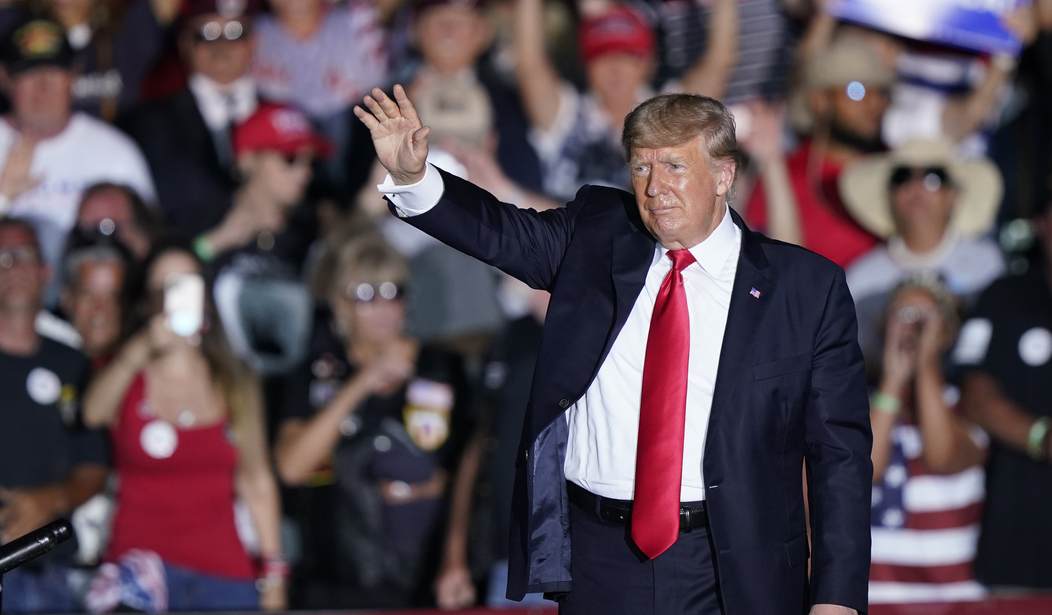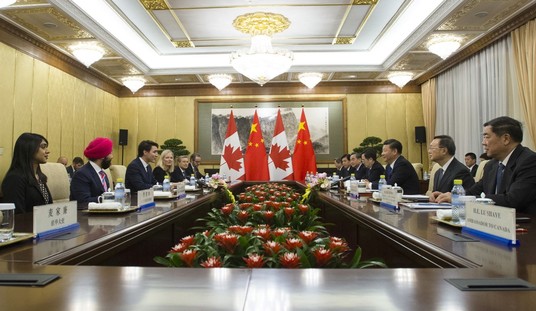There has been no end of commentary dealing with Donald Trump’s turbulent presidency and the scandal of his electoral loss. There’s no doubt that from the day of the “grand escalator ride” (and even before) to the day of his departure from the White House, a social, media, and political upheaval was in progress, and would not cease even when he once again became a private citizen. Reasons pro and con for the debacle have proliferated since Hurricane Trump made landfall in America, but the issues are basically very simple and can be stated economically.
There were essentially three called strikes against him, all that was needed to count him out.
- He was not “presidential.” He was considered crude in speech, rough-hewn in manner, and given over to bluster and hyperbole unbefitting the highest office in the land. For these transgressions, he could not be forgiven.
- He was an outsider, the first president in American history with no military or political experience. He was not a politician, a general, a lawyer, or a holder of public office. He was never a member of the Beltway club, whether Republicrats or Democrats. He was not followed by a train of professional lobbyists, owed no political debts, did not accept a salary, and did not enrich himself when in power. For these transgressions, he could not be forgiven.
- He was competent and proudly patriotic. He put America first, cutting taxes, renegotiating bad trade deals to the nation’s advantage, reducing a red-tape regulatory nightmare, making the country energy-independent and a net exporter of energy, rebuilding the military, defending the southern border, re-establishing global prominence, and connecting with the commons. For such transgressions, he could not be forgiven.
There really is no need, then, for the discursive tsunami of books, essays, articles, evaluative documents, and position papers analyzing in minuscule detail all the intricacies, controversies, intrigues, diplomatic obscurities, personal records, intimate relations, interior struggles, and historical precedents purporting to explain the rise and fall of the 45th president, except for entertainment or scholarly purposes. For the “question of Trump” factors down to the three elements for which he was held accountable—personality, independence, and ability—and, of course, to the unbridgeable rift between the “anointed” and the “deplorables.”
Trump was hated for the qualities that made him an excellent president, for “Making America Great Again,” and for being a towering, if controversial, figure. He was hated for not sinking to the indescribable ineptitude of Joe Biden and for not being on the take. He was hated for his efforts to clean up the political swamp. He was hated for his endorsement of the free market and for championing a prosperous citizenry. He was hated for his opposition to crony socialism and bureaucratic bloat. He was hated for all the wrong reasons.
In plain language, resident complexities and interpretative assessments aside, Trump was a true president: forthright, unbeholden, and effective. From the point of view of America’s “ruling class”—entrenched political parasites, so-called “opinion leaders,” media collaborators, and wealthy oligarchs—such attributes are high crimes and misdemeanors for which the chosen culprit must be made to pay. There can be no absolution. He upset the apple cart. He fractured and exposed the inner circle. He offended the elites. And now he may even be planning his return. As if in a parody of the Book of Amos (2:4), whether for three transgressions or for four, Trump remains anathema for rejecting the law of the lords that be.
Nothing more complicated than that.










Join the conversation as a VIP Member